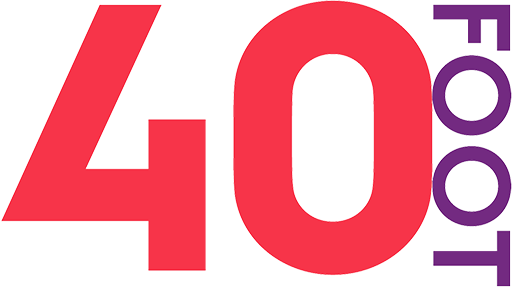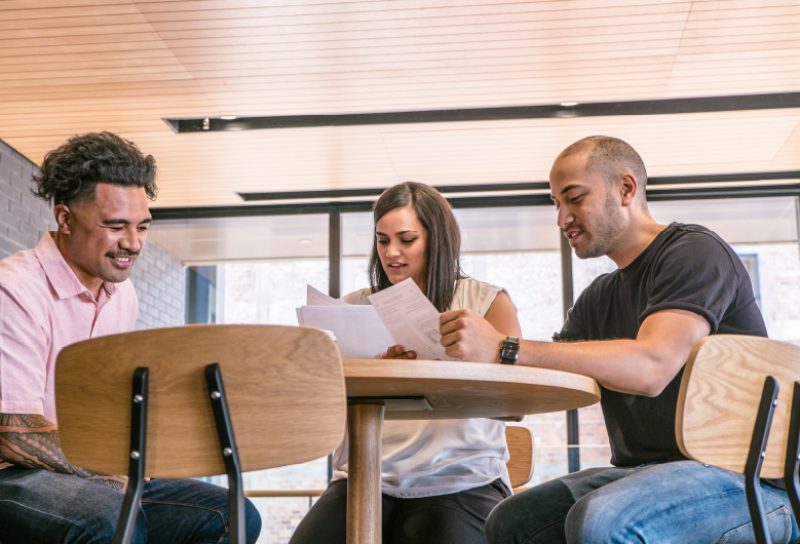You’ve been scanning job listings and there’s the one that captures your attention. Reading over the job description, you find yourself immersed and eager to know more.
You spend the next hour perfecting your CV to demonstrate your relevant experience and expertise to match.
You apply.
In the next day or two, your phone rings and you’re asked to come in for an interview. Suddenly you feel your stomach in your throat and your hands get clammy. How will you make sure you ace your interview?
It’s your lucky day, we are here to help!
Make the time
You’ve applied for this job, so make the time to interview. You will likely be given some available time slots, so make sure you can attend one of those, and the sooner – the better!
If you want this job, you need to be a step ahead, making a strong impression before any other candidates have the time to do so.
Ensure you block out that time in your calendar. Dependant on your work circumstances and flexibility, you may need to tell your current employer that you have an appointment and will be out of office during that time – avoiding any added pressure or distractions during your interview.
Start preparing
Research is one of the most important parts of your interview process.
Research the company back to front. You need to know them like they’re your next best friend. Gain a deeper understanding of who they are and what they do.
Search the company on multiple platforms: Website, LinkedIn, Instagram, Facebook. Multiple platforms mean more efficient data gathering. They all hold valuable information.
You might discover some shared goals and interests. Yes, they might have five team members, great, that means you’ll be part of a team, just what you wanted. But look further, sometimes the smallest detail will make a lasting impact. What are their names? What are their roles and how will you work alongside each of them?
If you’re applying for a developer role, understand what you would be building and for who.
Interviews are usually a mix of some or all the following elements:
- CV walk-through
- Telling you more about the role
- Reviewing specific aspects of your previous experience e.g., particular projects you have worked on
- Behaviour-based questions
- Technical assessment
- General questions
Don’t assume the interviewer is an expert in interviewing, if there is something you want to highlight that would be valuable to their company, rather than waiting for them to ask, you can tell them about it by either weaving it through one of your answers or discussing it at the end.
Note down your questions about the company and the role. This could be (but not limited to) opportunities for growth, goals, team members, culture, support, clients, what a day or week looks like there, and how the company will support you.
Turn up to the interview passionate and knowledgeable about the role and the finer details of the company. Take a notebook and a pen, and most importantly, have your questions ready.
Appropriate appearance for an interview
You can research the company and learn about their culture; this might provide some insight and confidence in your attire.
It is important to dress conservatively, tidy and mostly in plain colours. Keep your shoulders covered. For corporate offices, you can wear closed-in and formal shoes/boots/heels with dress pants, dress shirt and a blazer.
Cover tattoos if you can and remove any harsh piercings. For more causal offices, you can wear closed-in shoes, tidy jeans with a shirt and blazer, a tidy cardigan, or a coat.
Getting to the interview, from your location to the office door
Firstly, make sure you know where the office is and know how you will get there on time, if not early.
This includes considering travel time, traffic or road works, parking, walking, entering the building and possible lifts, until you reach the office door.
Put simply, give yourself plenty of time to get there and plan to arrive early.
During the interview
There are things you should and should not do during an interview…
DO’s:
- Dress appropriately
- Try to stay as calm as possible
- Greet the interviewer and other team members by their name
- Shake their hand
- Sit upright
- Stay alert and listen attentively, give the interviewer your undivided attention
- Make eye contact
- Be clear with your communication
- Ask relevant questions
- Be confident, and honest
DONT’s:
- Fidget or move around too much, this might make you seem unconfident
- Be distracted by your environment
- Check your phone – Instagram scrolling and work emails can wait
- Answer simple “yes” or “no” to the questions, try to elaborate as much as you can, in relation to the position, the company and the industry
- Be rude
- Ignore questions
- Swing around, lean or slouch in your chair
- Lie
- Use inappropriate language
- Ask about salary in the first interview unless the interviewer initiates the discussion
- Mumble or shrug
If you would like some more support, feel free to reach out to one of our expert recruitment consultants. They will be happy to talk you through any issues you may have about job interviews, CVs, or finding work in general.


